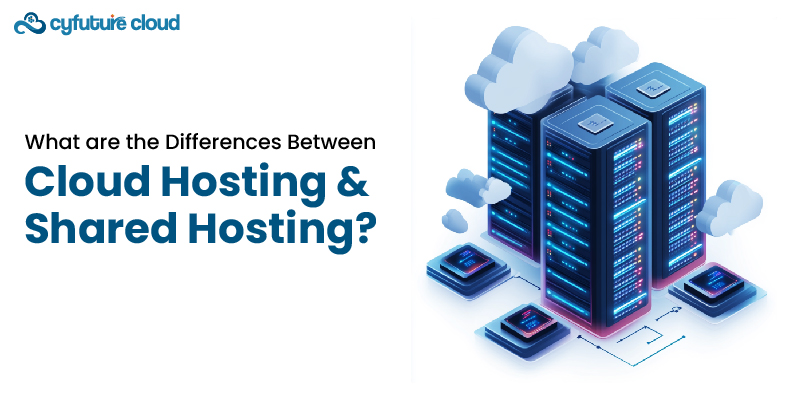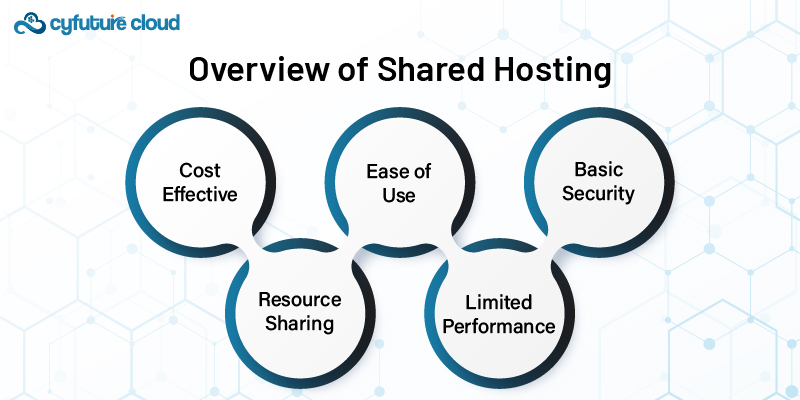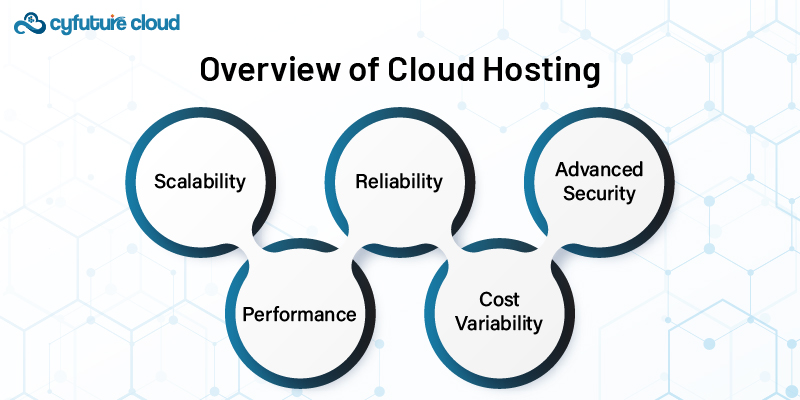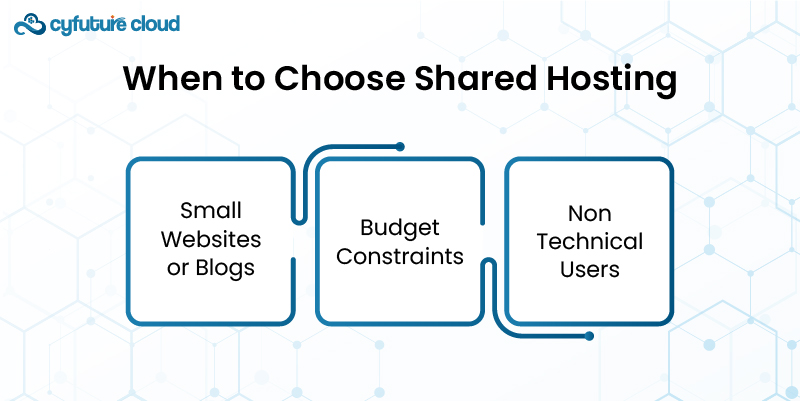 Server
Colocation
Server
Colocation
 CDN
Network
CDN
Network
 Linux Cloud
Hosting
Linux Cloud
Hosting
 VMware Public
Cloud
VMware Public
Cloud
 Multi-Cloud
Hosting
Multi-Cloud
Hosting
 Cloud
Server Hosting
Cloud
Server Hosting
 Kubernetes
Kubernetes
 API Gateway
API Gateway


One must recognize the differences between cloud and shared hosting while choosing the right web hosting service. The key differences are in the functions, advantages, and disadvantages that make them appropriate for various users and sites.
This guide offers general information on the two to help understand the distinctions between cloud and shared hosting.
Shared hosting is a popular and cost-effective solution. Here, multiple websites share the same server resources. It is suitable for sites with relatively low traffic flow, such as small to medium-sized websites.
Below are some of the main features associated with shared hosting.

Shared hosting is usually the most affordable cloud hosting option. This makes it an attractive choice for individuals, startups, and small businesses.
Multiple websites are hosted on the same server. They share CPU, RAM, and storage space. It can lead to resource congestion, especially if traffic on a single server network increases.
Shared Hosting providers typically offer user-friendly control panels like cPanel. It simplifies website management for beginners.
Due to resource sharing, the performance of websites on shared hosting can be inconsistent. High traffic on one site can affect the speed and availability of others.
Shared hosting includes standard security measures. However, the environment can make sites more vulnerable to security breaches if one website is compromised.
Cloud hosting utilizes a network of virtual servers to host websites. These servers draw resources from a vast pool of physical servers. Thus providing enhanced:
- Performance
- Scalability
- Reliability
Cloud hosting is suitable for websites with high traffic volumes or those needing flexibility.
Key features of cloud hosting include:

Cloud hosting allows easy scaling of resources based on website traffic and needs. You can increase or decrease CPU, RAM, and storage without significant downtime.
Websites hosted on the cloud benefit from high performance and uptime. Resources are allocated dynamically. Thus ensuring consistent performance even during traffic surges.
3.) Reliability
The distributed nature of cloud server hosting means that if one server fails, others can take over. It reduces processing time and increases productivity.
Cloud hosting typically operates on a pay-as-you-go model. Here, you spend only for the resources you use. While this can lead to cost savings, it may also increase expenses during peak traffic.
Cloud hosting vendors implement robust security measures, including
- Data encryption
- Regular backups
- Advanced firewalls
It enhances overall security.
|
Feature |
Shared Hosting |
Cloud Hosting |
|
Cost |
Low cost, suitable for beginners and small websites |
Higher cost, suitable for growing and large websites |
|
Resource Allocation |
Fixed resources shared among multiple users |
Scalable resources allocated as needed |
|
Performance |
Can be slow if other sites use too many resources |
Generally faster due to dynamic resource allocation |
|
Scalability |
Limited scalability |
Highly scalable, can handle traffic spikes |
|
Reliability |
Less reliable, single server can be a point of failure |
Highly reliable, multiple servers ensure uptime |
|
Security |
Basic security measures, risk from other users |
Advanced security features, better isolation |
|
Control |
Limited control over server settings |
Greater control, often includes root access |
|
Ease of Use |
Easy to set up and manage |
More complex, may require technical expertise |
|
Support |
Standard support included |
Premium support options available |

1.) Small Websites or Blogs
Sharing hosting is economical for starting a small website, blog, or portfolio with minimal traffic.
2.) Budget Constraints
Shared hosting is ideal if you have a limited budget and don't require extensive resources.
3.) Non-Technical Users
For those who prefer a simple, managed environment without the need for deep technical knowledge, shared hosting is a good fit.

1.) Growing Businesses
If your website is growing and you expect traffic spikes, cloud hosting can quickly scale to accommodate the increased load.
2.) Ecommerce Sites
Online stores with high traffic volumes and the need for high availability and security benefit from cloud hosting.
3.) Resource-Intensive Applications
Websites or applications requiring significant computational power and flexibility, such as streaming services or large databases, are well-suited for cloud hosting.
4.) Global Reach
If your website serves a global audience, cloud hosting's distributed network can provide faster load times and better performance for users worldwide.
Choosing between shared and cloud hosting depends on your specific needs and goals. Shared hosting allows the sites to be hosted cheaply and easily managed, especially by relatively small sites that experience low traffic. On the other hand, cloud hosting is versatile, reliable and capable of delivering high performance for growing websites and businesses that need more resources and flexibility.

Let’s talk about the future, and make it happen!
By continuing to use and navigate this website, you are agreeing to the use of cookies.
Find out more


